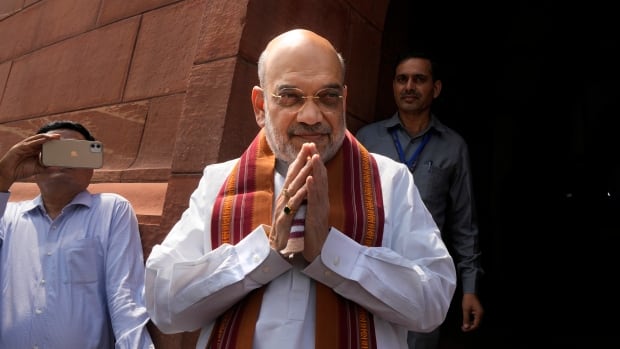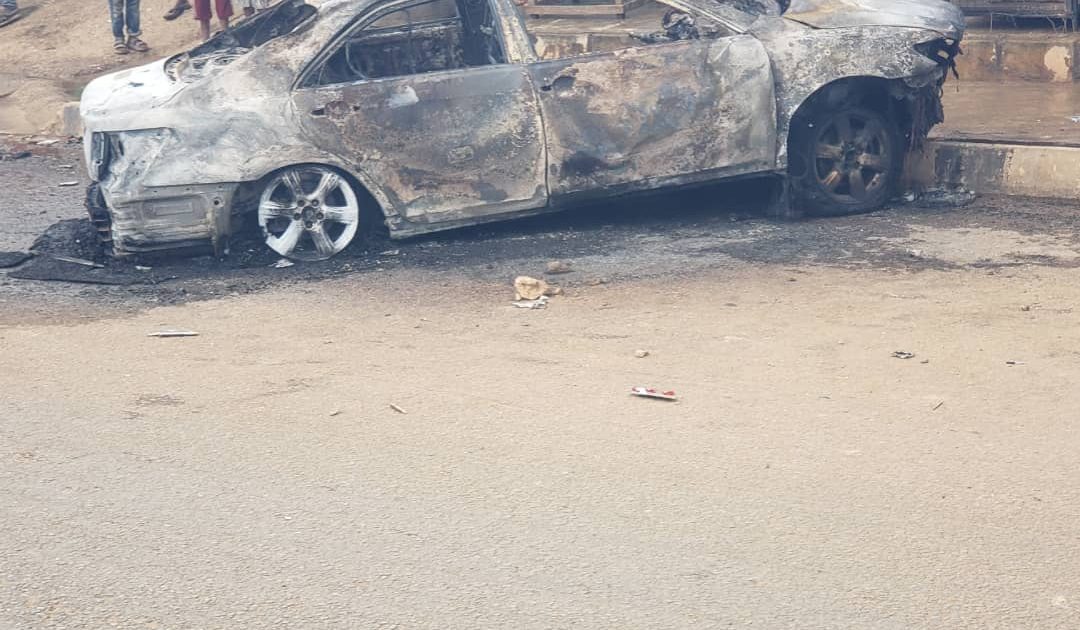India officially protested on Saturday the Canadian government’s allegation that the country’s powerful Home Minister Amit Shah had ordered the targeting of Sikh activists inside Canada, calling it “absurd and baseless.”
Relations between the two countries soured after Prime Minister Justin Trudeau said last year there were credible allegations the Indian government had links to the assassination of Sikh activist Hardeep Singh Nijjar in Canada. India has vehemently rejected the accusation.
New Delhi — long anxious about Sikh separatist groups — has increasingly accused the Canadian government of giving free rein to separatists from a once-strong movement to create an independent Sikh homeland, known as Khalistan.
The diplomatic row led to the expulsion of each other’s top diplomats last month.
“The Government of India protests in the strongest terms to the absurd and baseless references made to the Union Home Minister of India,” Randhir Jaiswal, spokesperson of India’s Foreign Ministry, told reporters on Saturday.
India officially protested on Saturday the Canadian government’s allegation that the country’s powerful Home Minister Amit Shah had ordered the targeting of Sikh activists inside Canada, calling it ‘absurd and baseless.’
Read more: cbc.ca/1.7371969.
‘Serious consequences for bilateral ties’
He also said a Canadian diplomat in New Delhi was summoned on Friday and handed out a letter to formally protest the allegation. “Such irresponsible actions will have serious consequences for bilateral ties,” he said.
Canada’s Deputy Foreign Affairs Minister David Morrison told members of Parliament on the national security committee on Tuesday that he had confirmed Shah’s name to The Washington Post, which first reported the allegations. Morrison did not say how Canada knew of Shah’s alleged involvement.
Canadian authorities have repeatedly said they shared evidence with India, whose officials deny being provided with proof, calling the allegations ridiculous.
Nijjar was a local leader of the Khalistan movement, banned in India. India designated him a terrorist in 2020, and at the time of his death was seeking his arrest for alleged involvement in an attack on a Hindu priest in India.
He lived in Canada, where about two per cent of the population is Sikh, for nearly three decades.





